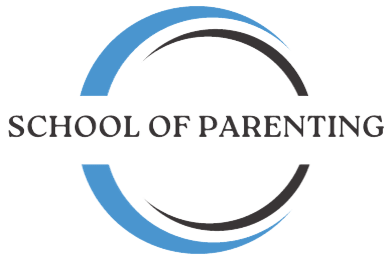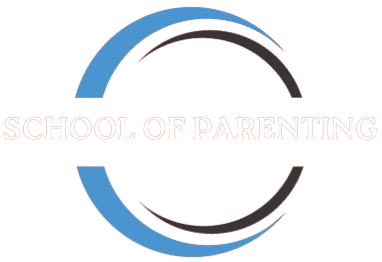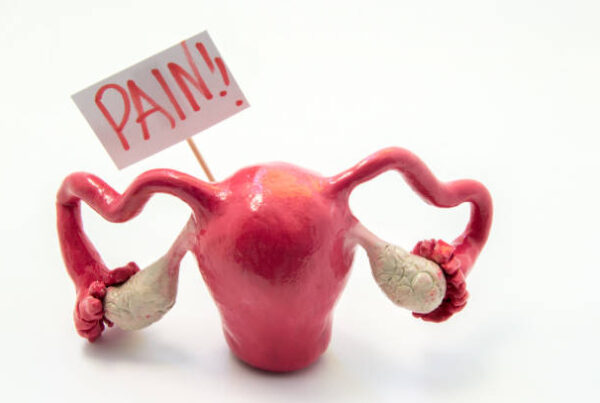Identifying and Managing the Signs of Miscarriage
Introduction
Miscarriage, though a sensitive topic, is an important aspect of women’s health to understand. It refers to the loss of a pregnancy before the 20th week. Recognizing the symptoms associated with miscarriage is crucial as it enables timely medical intervention and emotional support. In this article, we delve into the various symptoms of miscarriage, how to recognize them, and provide insights on coping with this challenging experience.
Recognizing Risk
Miscarriage symptoms can vary widely, but understanding the risk factors can help in identifying those at higher risk. Factors such as maternal age, certain medical conditions, lifestyle choices, and previous pregnancy history can contribute to the likelihood of experiencing a miscarriage. Early detection through regular prenatal care is essential for monitoring and managing potential risk factors effectively.
Common Symptoms
Among the most common symptoms of miscarriage is vaginal bleeding, often accompanied by abdominal pain. Passing tissue resembling blood clots or pregnancy tissue may also occur. It’s important to note that experiencing these symptoms doesn’t always indicate a miscarriage, but prompt medical evaluation is necessary to rule out any complications.
Less Common Symptoms
In addition to the typical signs, some women may experience less common symptoms such as disappearing pregnancy symptoms like breast tenderness or morning sickness. Dizziness or fainting spells can also occur and should be addressed promptly.
Diagnosis
Diagnosing a miscarriage typically involves a medical evaluation, including a physical exam and ultrasound examination to assess the viability of the pregnancy. Blood tests may also be conducted to measure hormone levels associated with pregnancy.
Emotional Impact
The emotional toll of miscarriage cannot be overstated. Coping with grief and loss is a deeply personal journey, and seeking support from loved ones, support groups, or counseling services can be invaluable during this challenging time.
Prevention Tips
While not all miscarriages are preventable, certain lifestyle adjustments such as maintaining a healthy diet, avoiding harmful substances like alcohol and tobacco, and managing stress can help reduce the risk. Following medical advice, especially for high-risk pregnancies, is crucial for promoting a healthy pregnancy outcome.
Recovery
Physical recovery from miscarriage varies from person to person but generally involves rest and monitoring for any complications. Emotionally, healing from the loss of a pregnancy may take time, and it’s important to be patient and kind to oneself during this process.
Read More: Unveiling the Hidden Truths: Ectopic Pregnancy Symptoms
Frequently Asked Question
What are a miscarriage’s early warning signs?
Vaginal bleeding, cramping or discomfort in the abdomen, tissue passing from the vagina, and a reduction in pregnancy symptoms including nausea and breast tenderness are some of the early indicators of a miscarriage. It’s crucial to remember that having these symptoms doesn’t necessarily indicate a miscarriage is happening, but any worrying symptoms need to be checked out by a doctor right once.
How can one distinguish between symptoms of a miscarriage and typical pregnancy symptoms?
Because certain symptoms may overlap, it can be difficult to distinguish between symptoms that are typical of pregnancy and those that indicate a miscarriage. But other signs—like profuse vaginal bleeding, excruciating stomach pain, and tissue passing—are more likely to be signs of miscarriage and should be checked out right away by a medical expert. Keeping an eye on the severity and duration of symptoms can also help determine whether more testing is required.
Can stress exacerbate signs of miscarriage?
Although stress is a typical part of pregnancy, there isn’t much proof to support the theory that it causes miscarriage on its own. On the other hand, persistent stress can have an adverse effect on general health or lead to pregnancy difficulties. Pregnant women should emphasize self-care and get help if they’re feeling a lot of stress or worry.
Is spotting during pregnancy a frequent occurrence?
Spotting, or mild vaginal bleeding, is a typical occurrence during pregnancy, especially in the first trimester. Spotting can occasionally indicate a miscarriage, but it can also happen for benign causes such cervical discomfort or implantation hemorrhage. To rule out any underlying issues, any spotting should be quickly reviewed with a healthcare physician.
Are there any foods or activities that should be avoided during pregnancy to prevent miscarriage?
A good pregnancy result can be supported by leading a healthy lifestyle and heeding medical advice, even if there is no surefire way to prevent miscarriage. It is typically suggested that pregnant women stay away from items like raw or undercooked meats, unpasteurized dairy products, mercury-filled seafood, and large amounts of caffeine and alcohol. It’s also advised to stay away from dangerous substances like tobacco and illegal drugs and to exercise moderately.
How much time does it take to emotionally heal after a miscarriage?
After a miscarriage, the emotional healing process varies widely from person to person. Some people may need more time to process the loss and sadness following a miscarriage; others may need weeks or months. Gaining assistance from close friends and family, professional therapy, or pregnancy loss support groups can be beneficial in overcoming the psychological effects of miscarriage.
Conclusion
Comprehending the signs of a miscarriage is essential for prompt identification and obtaining the right medical attention. Although miscarriage may not be directly caused by stress, stress management and support-seeking are essential throughout pregnancy. Pregnancy-related spotting should be handled right away with a healthcare professional. Although there is no surefire strategy to avoid miscarriage, leading a healthy lifestyle and listening to medical advice can be beneficial. While there are differences in the emotional recovery following a loss, getting help is crucial. Recall that individuals experiencing miscarriage symptoms have access to prompt medical assistance as well as support.





